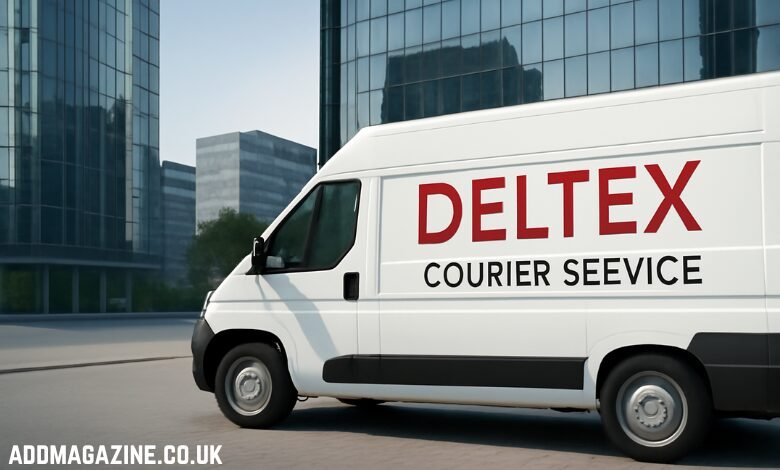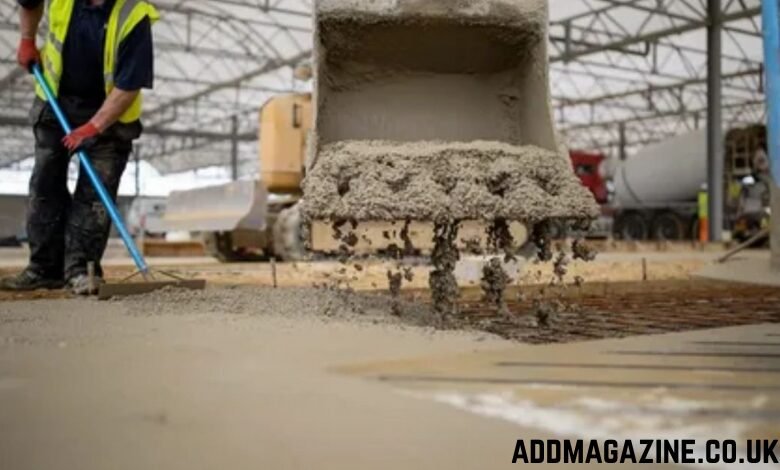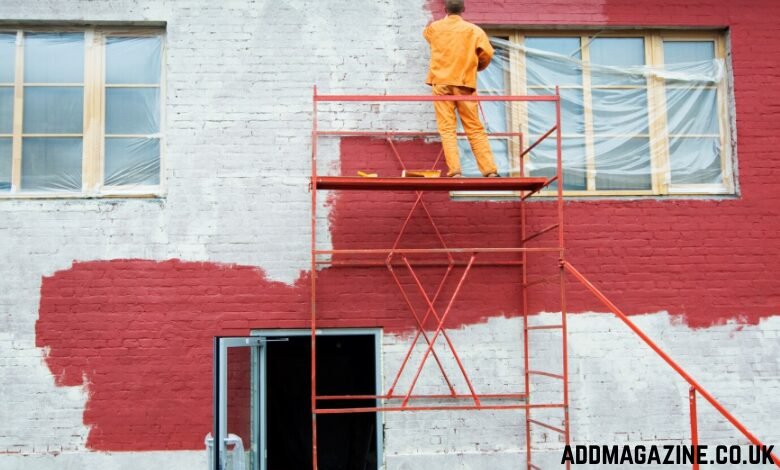Managing an elevator system isn’t just about keeping people moving it’s about keeping your property safe, compliant, and financially protected. One of the most effective ways to achieve this is by having a well-structured elevator maintenance service agreement in place.
A clear, data-driven contract ensures both the property owner and service provider understand expectations, performance standards, and accountability measures. Unfortunately, many building owners sign generic service agreements that favor the contractor, not the client leaving room for hidden costs, vague service levels, and maintenance gaps that can lead to safety issues or costly downtime.
In this article, we’ll explore how to build a maintenance service agreement that truly protects your building from defining responsibilities to leveraging smart elevator technology like ElevatorApp to monitor performance and compliance in real time.
Why an Elevator Maintenance Agreement Matters
Elevators are among the most regulated and essential systems in any modern building. Yet, they’re also one of the most expensive to repair or replace. Without a proper service agreement, you risk:
- Paying for maintenance that’s never actually performed
- Facing code violations or inspection failures
- Unexpected equipment breakdowns and downtime
- Higher long-term operating costs
A strong elevator maintenance agreement does more than define costs it defines quality, accountability, and transparency.
It should protect your investment, ensure compliance with ASME A17.1/CSA B44, and keep tenants safe while providing clear procedures for maintenance, modernization, and emergency response.
Define the Scope of Work Clearly
The first step in crafting a strong agreement is clarity.
Many service contracts use vague language like “routine inspections” or “as needed maintenance.” These phrases leave too much interpretation to the service provider.
Instead, the agreement should list every covered activity, including:
- Monthly or quarterly preventive maintenance visits
- Lubrication and adjustment of key components
- Safety circuit testing
- Door operation and ride quality checks
- Callback response times and limits
- Major component replacement policies
Set Clear Service Frequency and Reporting Standards
How often maintenance occurs and how it’s documented determines the quality of your elevator’s performance.
Your agreement should specify:
- Frequency: Monthly, bi-monthly, or quarterly visits
- Duration: Minimum time spent per visit (e.g., 1 hour per car)
- Reporting: Technicians must provide digital reports after each service
Digital reporting is key. Traditional handwritten logs are easily lost, incomplete, or inaccurate. By integrating performance tracking software like ElevatorApp, you can view service logs, inspection dates, and component performance in one dashboard.
Include Performance Benchmarks
A strong service contract should be performance-based, not just time-based.
Define measurable benchmarks such as:
- Maximum allowable downtime per elevator per quarter
- Response times for emergency callbacks
- Maximum callbacks before penalties apply
- Ride quality and leveling accuracy tolerances
This shifts accountability from vague promises to measurable results.
Example:
If the agreement guarantees “no more than two unscheduled outages per quarter,” and the elevator fails three times, the contractor must credit your account or extend free service hours.
Address Emergency Response and Callback Procedures
Elevator breakdowns can happen anytime and a delayed response can quickly escalate into a safety or reputation issue.
Your agreement should specify:
- Response time expectations (e.g., 1–2 hours during business hours, 4 hours after hours)
- Overtime and emergency rates
- Callback definitions (what qualifies as billable)
- Communication process for incident reporting
Define Liability, Insurance, and Compliance Obligations
Elevator maintenance isn’t just about convenience it’s a legal responsibility.
Your service agreement should specify that the contractor:
- Holds all relevant local/state licenses
- Provides proof of liability insurance
- Complies with ASME A17.1/CSA B44 and state elevator codes
- Submits inspection reports when required
Failure to comply with regulations can expose property owners to liability if an accident occurs.
Clarify What’s Excluded
One of the most common sources of dispute between property owners and contractors comes from unclear exclusions.
Your agreement should state explicitly what’s not covered, such as:
- Damage caused by misuse or vandalism
- Power fluctuations
- Modernization or code upgrade work
- Cosmetic parts like cab finishes or lighting
Transparency here prevents unexpected repair bills and ensures both parties understand financial responsibilities.
Include Modernization and Upgrade Clauses
Elevator technology evolves rapidly. Even the best-maintained systems eventually require upgrades for energy efficiency, performance, or compliance.
Include modernization provisions that outline:
- When modernization becomes necessary (age, performance metrics, or regulation changes)
- How upgrade costs are estimated
- Preferred vendors or consultants
If your service provider offers modernization, make sure you’re not locked into proprietary equipment or exclusive contracts.
Set Termination and Renewal Conditions
A fair contract allows flexibility. Avoid multi-year agreements that automatically renew without performance review.
Instead, include:
- A 90-day termination clause for poor performance
- A renewal option based on performance metrics
- Clear ownership of maintenance records and reports upon termination
If the provider fails to meet performance standards, you should be able to exit the contract without penalty. ElevatorApp’s contract analytics can help identify trends in service quality to support renewal decisions.
Use Technology to Track Compliance and Performance
The biggest shift in elevator management today is digital transformation.
Modern property managers no longer rely on manual logs or technician notes. Instead, they use platforms like ElevatorApp to:
- Track service visits in real time
- Receive digital maintenance reports
- Monitor elevator uptime
- Flag compliance gaps automatically
Smart analytics can reveal patterns such as recurring faults or delayed service visits allowing owners to address problems before they escalate.
Work With Independent Elevator Consultants
Even with a solid maintenance agreement, an independent elevator consultant can add an extra layer of protection.
Consultants audit service performance, review maintenance records, and ensure your contractor meets contractual and technical standards.
When paired with ElevatorApp’s data insights, consultants gain real-time visibility into maintenance quality allowing them to make data-backed recommendations for improvement or modernization.
Regularly Audit and Update Your Contract
A maintenance agreement should evolve with your building. Conduct annual reviews to evaluate:
- Equipment condition
- Cost-effectiveness of service plan
- Compliance updates
- Performance data
Protecting Your Investment Starts With the Right Agreement
A well-built elevator maintenance agreement isn’t just a formality it’s an investment in safety, efficiency, and financial stability.
It ensures that your elevators run smoothly, your tenants stay happy, and your property stays compliant with all safety codes.
With smart tools like ElevatorApp, building owners can finally take control of their maintenance strategy. From tracking contractor performance to monitoring uptime and compliance, ElevatorApp brings transparency and accountability to every part of your elevator management process.
Whether you manage a single residential building or a portfolio of commercial properties, the right contract supported by the right technology can save thousands in hidden costs while delivering peace of mind that your elevators are in expert hands.




